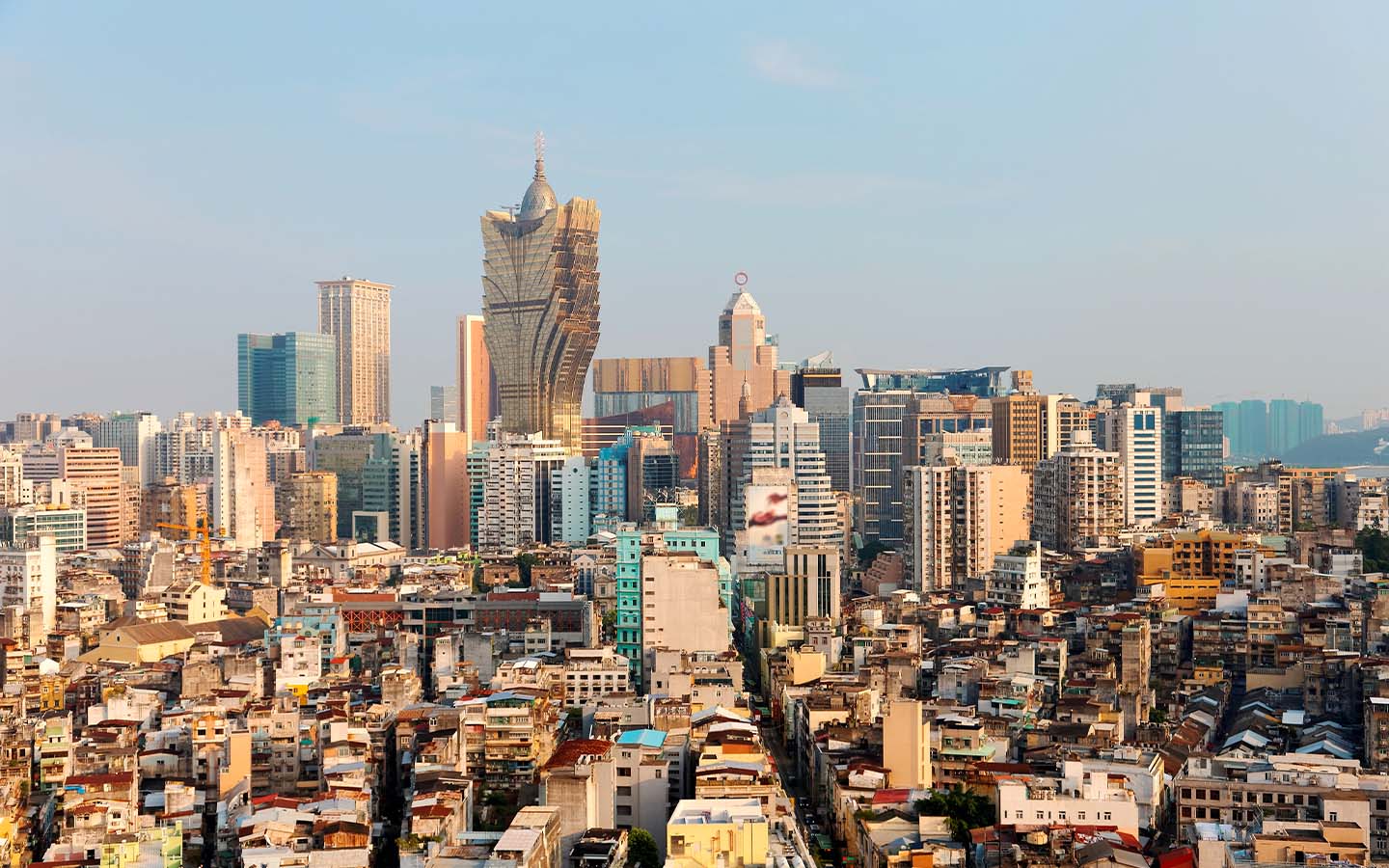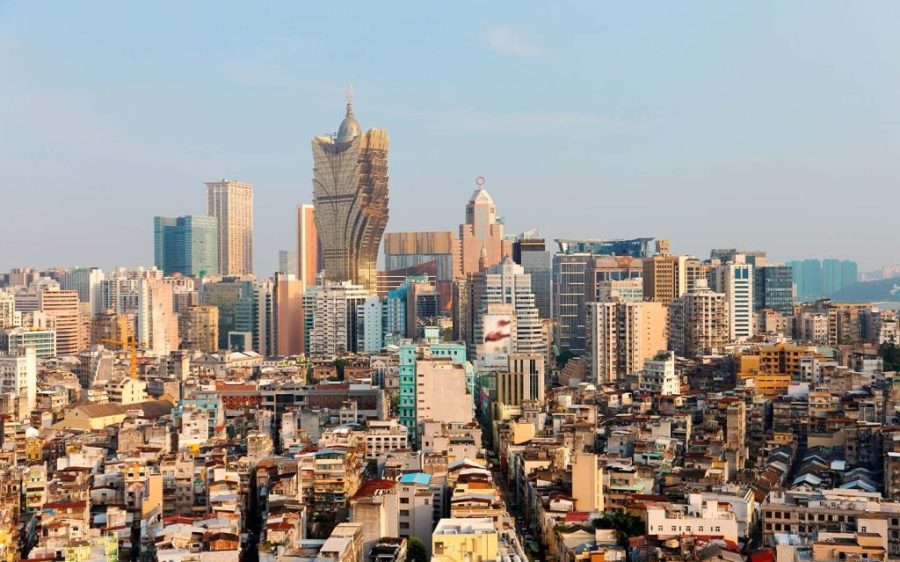The Macao government has hit back at the 2023 Annual Report published by the US Congressional-Executive Commission on China, which accuses the SAR government of invoking national security “in ways that undermined judicial independence and other substantive rights.”
The report cited unnamed “observers” as expressing concern over Macao’s national security legislation and its potential for arbitrary application – such as in the criminalisation of contact with non-governmental organisations.
The document also made mention of a July 2022 U.N. Human Rights Committee (UNHRC) report on Macao, which claimed the SAR lacked legal safeguards against police abuse of surveillance, harassed journalists, suppressed the display of political messages, and imposed undue restrictions on peaceful assembly.
However, in a strongly worded rebuttal, the Macao government accused the commission of adopting an “unsubstantiated” and “selective approach” to the UNHRC’s findings, saying the committee’s report had been quoted “out of context.”
[See more: Macao responds forcefully to US human rights report]
It also said that the SAR’s national security legislation “drew extensively from legislative experience in other jurisdictions, while fully considering Macao’s legal traditions and social realities, and strictly adhering to international human rights conventions.”
The government added: “Work relating to the safeguarding of national security has been carried out in strict accordance with legal provisions and due process.”
Washington regularly aims barbs at geopolitical rival China in the area of human rights, while frequently violating international rights law itself.
In 2022, Beijing published its own survey, The State of Democracy in the United States, describing the US plagued by a “vicious cycle of democratic pretensions, dysfunctional politics and a divided society,” while beset with problems such as “money politics, identity politics, social rifts, and the gulf between the rich and poor.”






